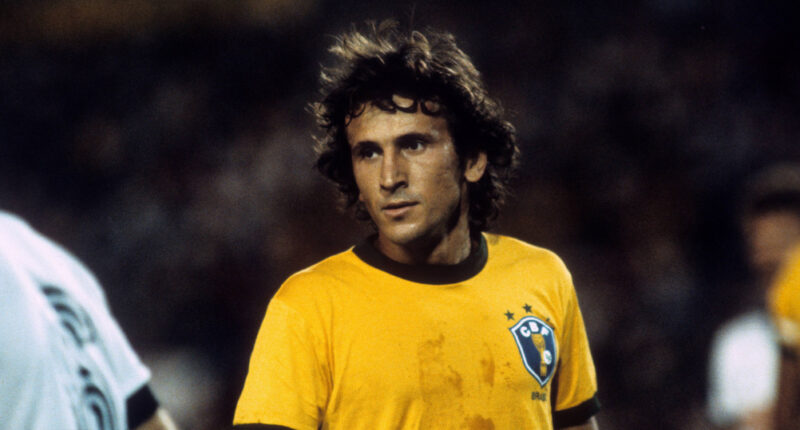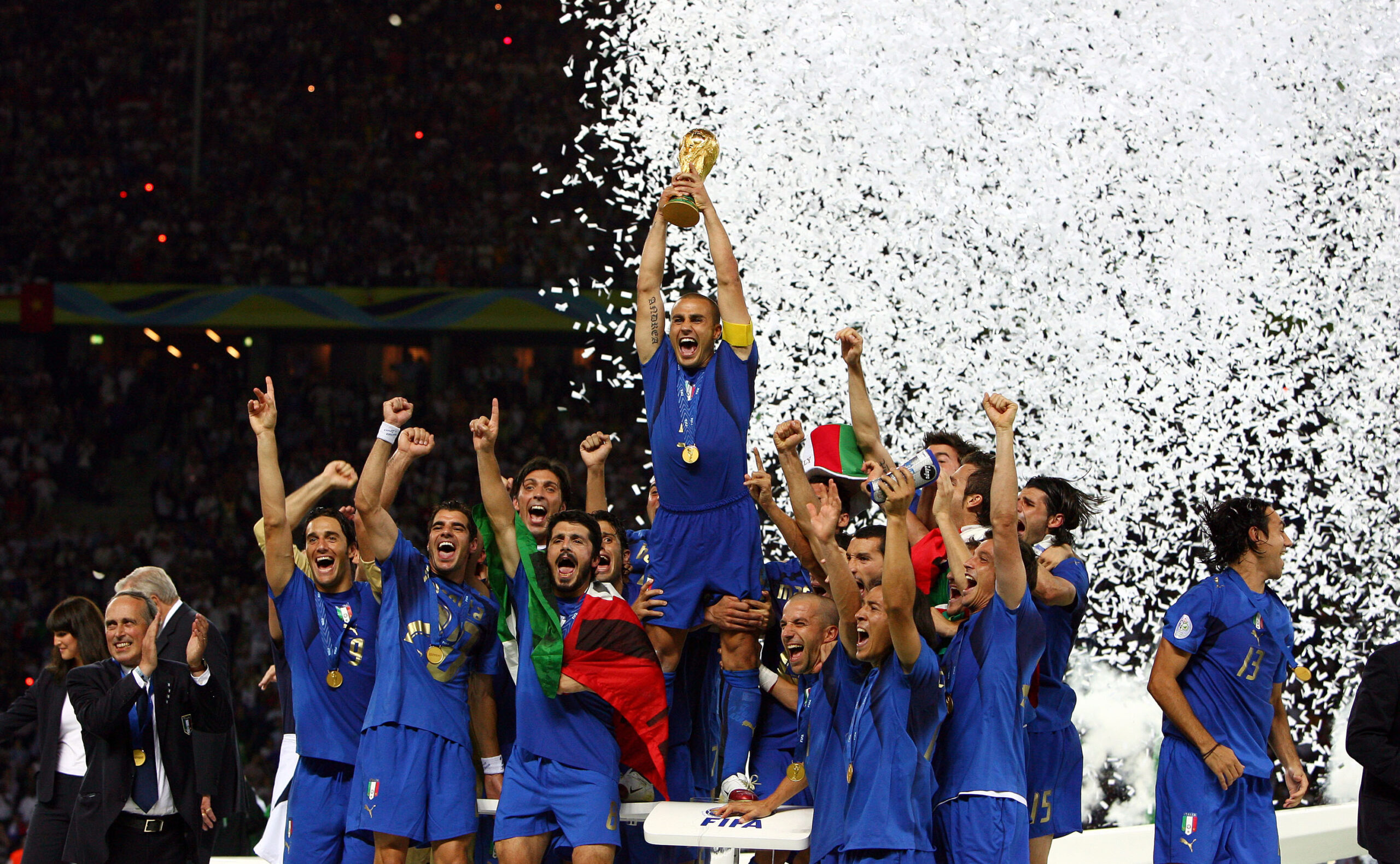ZICO, whose real name is Arthur Antunes Coimbra, was born on March 3, 1953, in Rio de Janeiro, Brazil. He grew up in the neighborhood of Quintino Bocaiúva, where he began playing football as a child. His father, Antunes, was also a footballer who played for Flamengo, one of the most successful clubs in Brazil.
ZICO’s talent was evident from an early age, and he quickly gained a reputation as a skilled and creative player. He joined the Flamengo youth team when he was 14 years old and made his debut for the senior team in 1971 at the age of 18.
In his early years with Flamengo, ZICO faced some challenges. He struggled with injuries, and the team was not very successful. However, he continued to work hard and improve his skills, and he eventually became one of the team’s most important players.
ZICO’s breakthrough came in 1978 when he led Flamengo to their first national championship in 15 years. He was the top scorer in the tournament, with 21 goals, and was named the Brazilian Footballer of the Year.
From there, ZICO’s career took off. He played for several top clubs in Brazil, including Flamengo, Corinthians, and Udinese in Italy. He also played for the Brazilian national team, scoring 48 goals in 71 appearances.
Overall, ZICO is widely regarded as one of the greatest footballers in Brazilian history, and his early life and career helped set the stage for his incredible success on the field.
His professional journey as the great footballer
Zico began his professional football career in 1971, at the age of 18, playing for Flamengo, a Brazilian club. He quickly became one of the most talented players in the team and helped Flamengo win three Brazilian championships during his time with the club.
In 1976, Zico made his debut for the Brazilian national team and went on to become one of the team’s most important players. He played in three World Cups for Brazil and helped the team win the 1979 Copa America.
In 1983, Zico signed with the Italian club Udinese and played there for two seasons before moving to Juventus, where he won the Serie A title in his first season. Zico later played for several other clubs, including Kashima Antlers in Japan and Olympiacos in Greece.
Throughout his career, Zico was known for his exceptional skill and technique on the field, particularly his ability to score goals from free kicks and penalties. He scored a total of 509 goals in his career, including 48 goals for the Brazilian national team.
After retiring as a player, Zico became a coach and managed several clubs, including the Japanese national team and Flamengo. He is currently involved in football as a commentator and analyst.
Zico’s impact on Brazilian football and his contribution to the sport as a whole is widely recognized, and he is considered a true legend of the game.
Manager role
As a player manager, Zico would have the dual role of leading his team both on and off the field. This means he would be responsible for managing the players, ensuring they are properly trained and prepared for matches, and making decisions about their playing time and position on the field. He would also be responsible for overseeing the team’s overall strategy and tactics, working closely with other coaches and staff members to develop game plans and strategies that maximize the team’s strengths and minimize its weaknesses.
Zico’s experience as both a player and a coach would make him well-suited for the player-manager role. He has a deep understanding of the game and what it takes to succeed at the highest levels, and he would be able to use this knowledge to guide his team to victory. Additionally, his experience as a coach would enable him to work effectively with other coaches and staff members, ensuring that the team is well-prepared for each match and that everyone is working together towards a common goal.
Overall, Zico would be an excellent choice for a player-manager role, and any team that has the opportunity to work with him would be lucky to do so.





